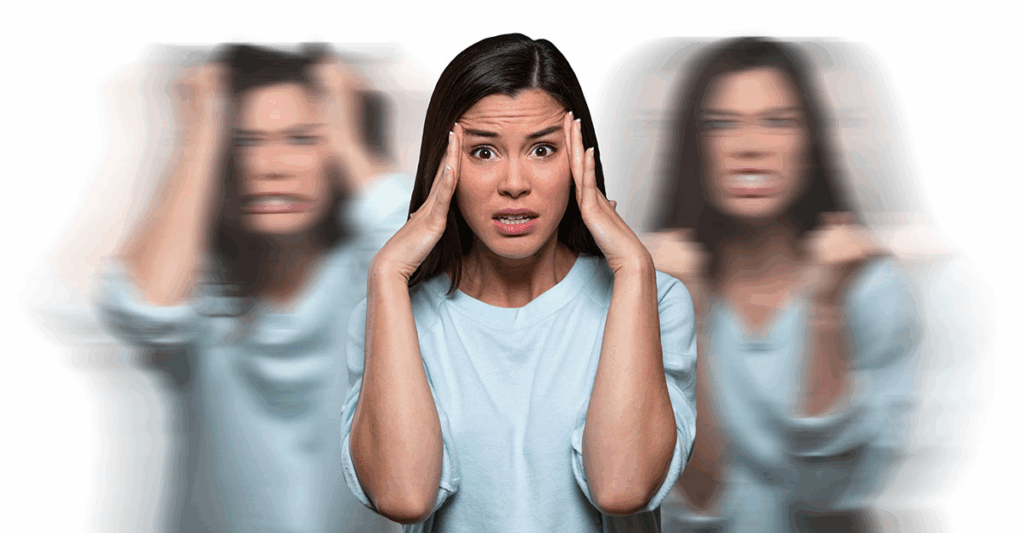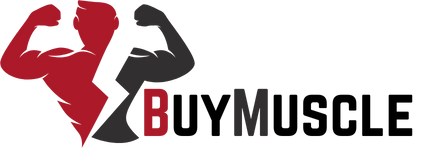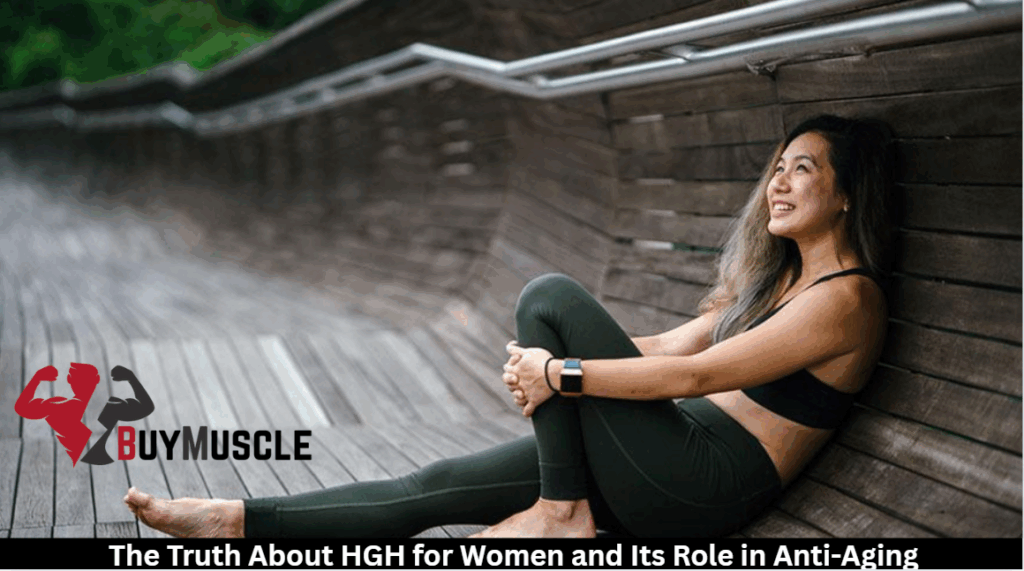Human growth hormone (HGH) naturally declines by about 14% per decade after age 30, affecting your skin elasticity and energy levels. While medical HGH treats diagnosed deficiencies, anti-aging applications lack FDA approval and carry serious risks like joint pain, fluid retention, and potential links to abnormal tissue growth.
You can boost your natural HGH through HIIT workouts, intermittent fasting, quality sleep, and specific supplements. The truth about healthy aging extends beyond expensive injections.
HGH’s Natural Function in Women’s Bodies
Hormonal harmony defines how Human Growth Hormone operates within a woman’s body. Your pituitary gland, a pea-sized powerhouse at the base of your brain, releases HGH in pulses throughout the day, with significant surges occurring during deep sleep.
As a master regulator, HGH directs numerous biological processes essential to your well-being. It orchestrates cell regeneration, supports collagen production for skin elasticity, and maintains muscle-to-fat ratios. Your body relies on proper HGH levels to preserve hormonal balance among estrogen, progesterone, and thyroid hormones.
The aging process naturally reduces HGH production, typically declining about 14% per decade after age 30. This gradual decrease contributes to many changes you’ll notice as you age, from thinning skin to decreased energy levels.

The Science Behind Age-Related HGH Decline
The physiological mechanisms underlying HGH decline in older women are standardized. From your 30s onwards, your pituitary gland begins to reduce growth hormone production by about 15% per decade. This decline accelerates with menopause, resulting in decreased muscle mass and skin elasticity.
HGH interactions involve a feedback system that is less responsive with age. The decreased cellular regeneration capability impacts collagen production and aging.
Although hormone therapy can correct these deficiencies, there are long-term health risks to consider versus the benefits. Rather than just chronological age alone, your individual hormone profile will tell you how HGH decline affects your individual aging.

Medical vs. Cosmetic Applications
While distinguishing between medical necessity and cosmetic desires, healthcare providers evaluate specific criteria before recommending HGH therapy for women. Medical applications typically address diagnosed growth hormone deficiencies that affect bone density, muscle mass, and overall metabolism.
For anti-aging treatments, the line becomes less clear. Though HGH therapy may offer benefits like wrinkle reduction and improved skin elasticity, these cosmetic applications aren’t FDA-approved and carry significant risks. Your doctor will likely recommend HGH only when tests confirm true deficiency rather than normal age-related decline.
The key difference lies in necessity versus enhancement. Medical treatment aims to restore normal function, while wellness optimization focuses on aesthetic improvements. This distinction matters for insurance coverage, safety considerations, and setting realistic expectations about results.
Risks and Side Effects for Females
Before considering HGH therapy, women should understand the significant risks that accompany its potential benefits. If you are seeking HGH for the regenerative results of youthful appearance and more energy, you might also experience joint pain, fluid retention, carpal tunnel syndrome, and high blood sugar.
Unlike conventional hormonal replacement options, HGH can disrupt your metabolic function, potentially causing insulin resistance or diabetes. Long-term use raises concerns about abnormal tissue growth and possible links to cancer development. Women often report headaches, muscle pain, and unwanted changes in breast tissue.
Your body’s natural hormone balance is delicate. Artificially elevating growth hormone can trigger cascading effects throughout your endocrine system, sometimes causing more aging-related problems than it solves.

Evidence-Based Alternatives to HGH for Healthy Aging
Rather than risking the potentially harmful effects of HGH therapy, women seeking healthy aging solutions can turn to several evidence-based alternatives that promote natural hormone optimization.
High-intensity interval training (HIIT) stimulates natural HGH production, with studies showing up to 450% increases post-workout. Intermittent fasting triggers cellular repair processes while boosting HGH levels by 1300% in women.
Supplement options include arginine, glutamine, and glycine, which support your body’s HGH production pathways. Adaptogenic herbs like ashwagandha help balance cortisol levels, indirectly supporting growth hormone function.
These approaches offer the benefits of optimized hormones without medication risks, working with your body’s natural processes instead of overriding them.
Frequently Asked Questions
How Does HGH Interact With Other Hormonal Treatments Like Estrogen?
HGH can complement estrogen therapy, potentially enhancing its benefits for skin and body composition. You’ll need careful monitoring as these hormones may interact, affecting insulin sensitivity and fluid retention. Always consult your hormone specialist.
Can HGH Therapy Affect Fertility in Women of Childbearing Age?
Yes, HGH therapy can impact your fertility by potentially disrupting normal hormone balance and ovulation patterns. If you’re planning to conceive, you’ll need a careful medical evaluation before starting any growth hormone treatment.
Are There Genetic Factors That Influence Individual Response to HGH?
Yes, your genetic makeup greatly influences how you’ll respond to HGH therapy. Your genes affect receptor sensitivity, metabolic pathways, and growth factor production, creating variation in results even with identical dosing protocols.
How Do HGH Benefits Differ Between Younger and Older Women?
You’ll see greater restorative benefits in older women, while younger women experience more subtle effects. Your body’s declining natural HGH production with age makes supplementation potentially more impactful after midlife.
Is There an Optimal Time of Day for HGH Treatments?
Yes, you’ll achieve ideal results with HGH injections in the evening, typically before bed. This timing mimics your body’s natural production cycle and supports the hormone’s regenerative effects during sleep.







